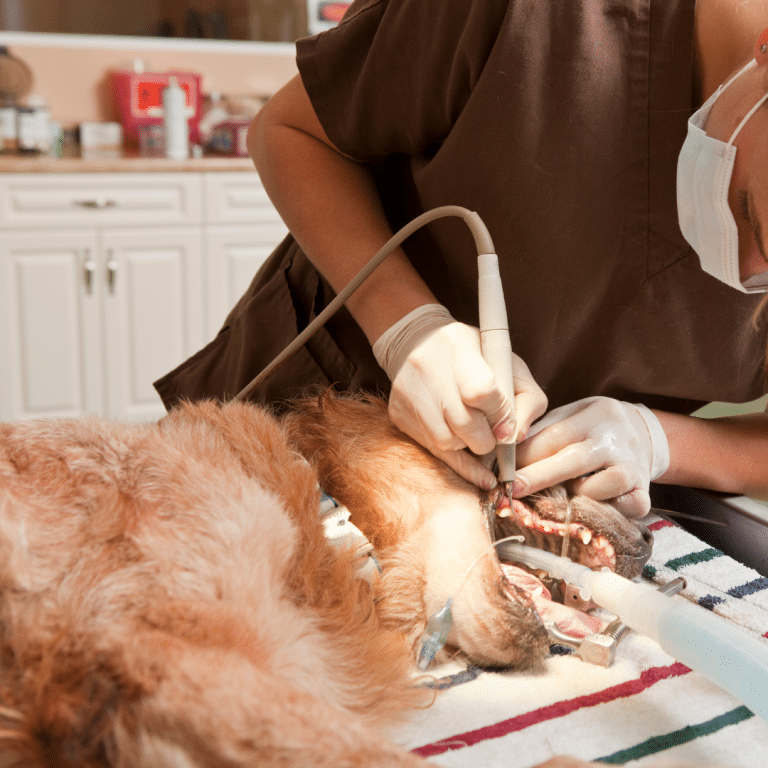Dog vaccination schedules can vary depending on a few factors, but here’s a general breakdown of how often dogs typically need shots.
How often do dogs need shots?
- Puppies: Puppies require a series of vaccinations starting at a young age, typically around 6-8 weeks old. They will receive booster shots every few weeks until they are around 16-20 weeks old.
- Adult Dogs: After completing the initial puppy vaccination series, adult dogs generally receive booster shots every 1-3 years.
Here’s a more detailed breakdown:
-
Core Vaccines (required for all dogs):
- These are essential vaccines that protect dogs from serious and potentially fatal diseases.
- Booster shots for core vaccines are usually given every 1-3 years depending on the specific vaccine and your veterinarian’s recommendation.
-
Non-Core Vaccines (recommended based on your dog’s lifestyle and risk factors):
- These vaccines protect against specific diseases that your dog may be more susceptible to based on their environment and activities.
- The frequency of non-core vaccines can vary depending on the vaccine and your veterinarian’s advice.
Important factors to consider for dog vaccination
- Your veterinarian’s recommendations: Always consult your veterinarian to determine the best vaccination schedule for your dog based on their age, health, lifestyle, and risk factors.
- Local regulations: Some areas may have specific vaccination requirements for dogs.










